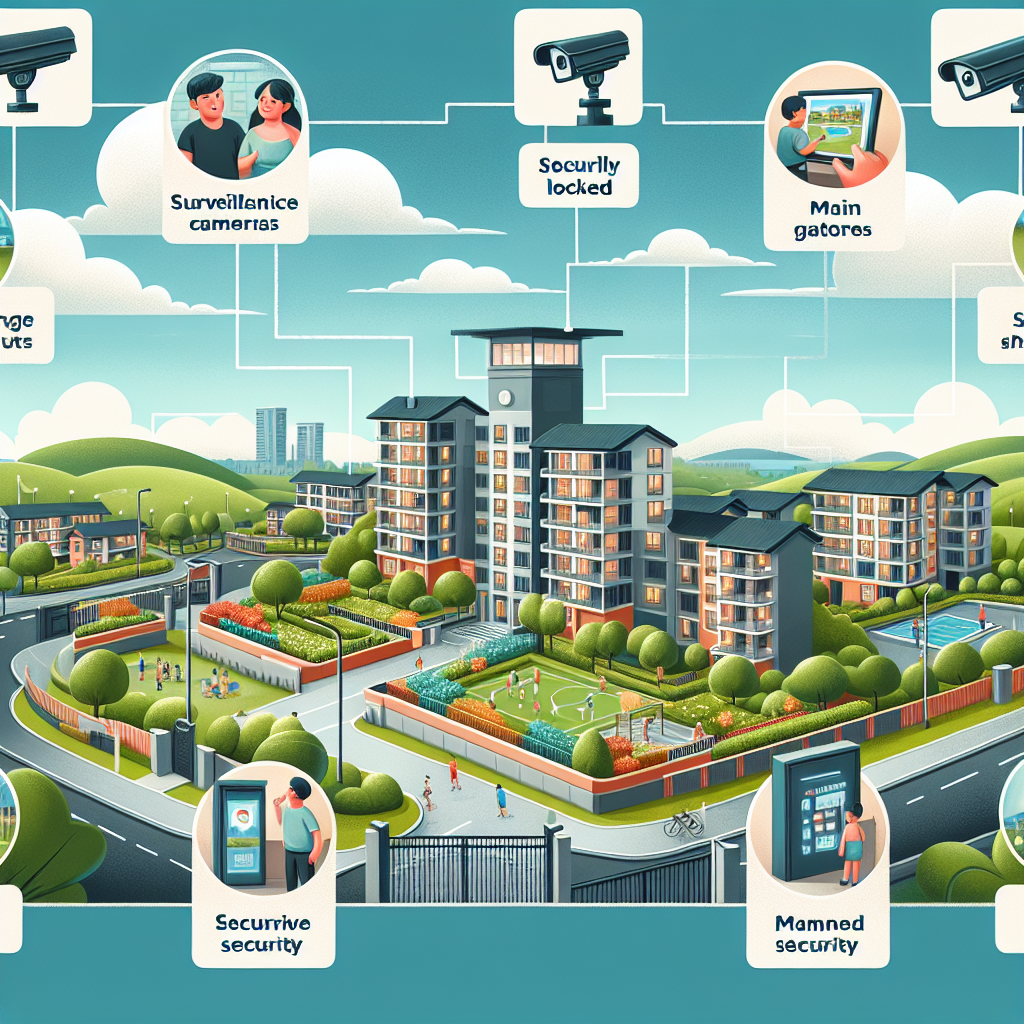Welcome To Guardix
Responsibilities of Security Guard
Table of Contents
- Why Private Security?
- Types of Private Security Guards
- How to Become a Private Security Guard
- Mandates of a Private Security Guard
- Summary
Security Guard's Responsibilities
Private security guards play an essential role in maintaining safety and security for individuals and property. Their absence could result in an increase in crime incidents and uncontrollable situations. Thus, the demand for private security services has risen, and security guards have become an integral part of society.
To become a private security guard, individuals must possess specific requirements, including excellent communication skills, physical abilities, and essential qualities such as reliability, responsibility, and leadership capabilities. With private security guards on guard, individuals can be reassured that they are in safe hands.
Private Security Industry is growing rapidly!
Types of Private Security Guards
Private security guards have unique responsibilities and duties in various settings. Here are some of the most common types of private security guards in Ontario:
- Uniformed Security Guards: These are the most recognizable private security guards. They are responsible for patrolling and monitoring designated areas, such as shopping malls, office buildings, and residential complexes. Uniformed security guards are trained to respond to emergencies, handle conflicts, and enforce rules and regulations.
- Mobile Patrol Guards: These guards are responsible for patrolling a larger area, such as a neighbourhood or a business district. They use vehicles to monitor and respond to any suspicious activities or emergencies.
- Event Security Guards: As the name suggests, these guards are hired to provide security at concerts, festivals, and sporting events. They are responsible for crowd control, checking tickets, and ensuring the safety of attendees.
- Executive Protection Guards: Also known as bodyguards, these guards protect high-profile individuals, such as celebrities, politicians, and executives. They are trained in defensive tactics and are responsible for ensuring the safety and privacy of their clients.
- Loss Prevention Officers: These guards are employed by retail stores to prevent theft and shoplifting. They monitor surveillance cameras, conduct store patrols, and apprehend shoplifters.
How to Become a Private Security Guard
To become a private security guard in Ontario, individuals must meet certain requirements set by the Ministry of Community Safety and Correctional Services. These requirements include:
- Being at least 18 years old
- Having a clean criminal record
- Completing a mandatory 40-hour training course from a licensed training provider
- Passing a written exam and a physical test
- Obtaining a security guard license from the Ministry
In addition to these requirements, private security guards must also possess certain qualities and skills to excel in their roles. These include:
- Physical Fitness: Private security guards must be physically fit and able to handle physically demanding tasks, such as patrolling and responding to emergencies.
- Communication Skills: Effective communication is crucial for private security guards as they must be able to communicate with their team members, clients, and the public.
- Observation Skills: Private security guards must have excellent observation skills to identify potential threats and suspicious activities.
- Problem-Solving Skills: In emergencies, private security guards must be able to think quickly and make sound decisions to resolve the issue.
- Integrity: Private security guards must have a strong sense of integrity and be able to act ethically and responsibly in all situations.
Mandates of a Private Security Guard
Private security guards in Ontario have a wide range of responsibilities and duties, all aimed at ensuring the safety and security of individuals and property. Some of the primary mandates of a private security guard include:
- Preventing Crime: Private security guards are responsible for preventing crime by patrolling designated areas, monitoring surveillance cameras, and responding to suspicious activities.
- Enforcing Rules and Regulations: Private security guards are responsible for enforcing rules and regulations set by their clients, such as no loitering or no-smoking policies.
- Responding to Emergencies: Private security guards are trained to respond quickly and effectively in an emergency. They are responsible for evacuating people, providing first aid, and contacting emergency services if necessary.
- Providing Customer Service: Private security guards are often visitors’ and clients’ first point of contact. They must be able to provide excellent customer service and assist with any inquiries or concerns.
- Maintaining Order: Private security guards are responsible for maintaining order in designated areas. This includes managing crowds, resolving conflicts, and diffusing potentially dangerous situations.
- Reporting Incidents: Private security guards must keep detailed records of incidents during their shifts and report them to their superiors and/or the police if necessary.
Summary
Private security guards are crucial in maintaining safety and order. They are responsible for preventing crime, enforcing rules and regulations, responding to emergencies, and providing excellent customer service. To become a private security guard, individuals must meet specific requirements and possess essential qualities and skills. With the increasing demand for private security services, the role of private security guards will continue to be vital in ensuring the safety and security of individuals and property.
Guardify | Security Services | Security Guard’s Responsibilities
Recent News

Responsibilities of Security Guard 4

Responsibilities of Security Guard 3

How to Improve Your Condominium Security
Categories
- Blog (1)
- Residential Security (1)
- Security Guard (6)
